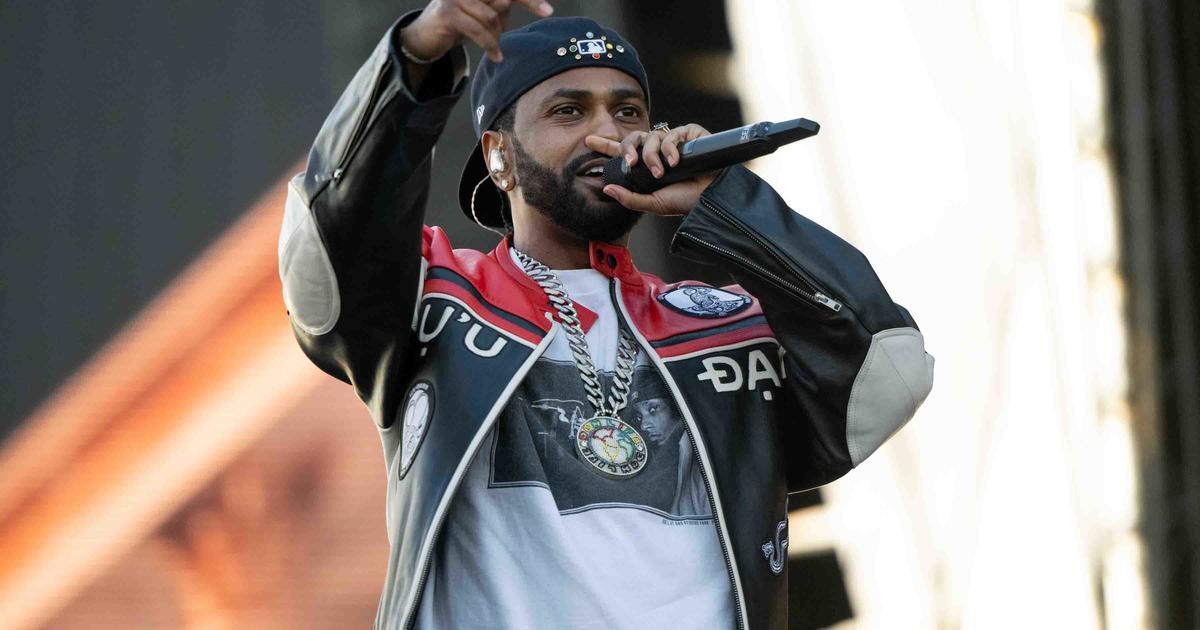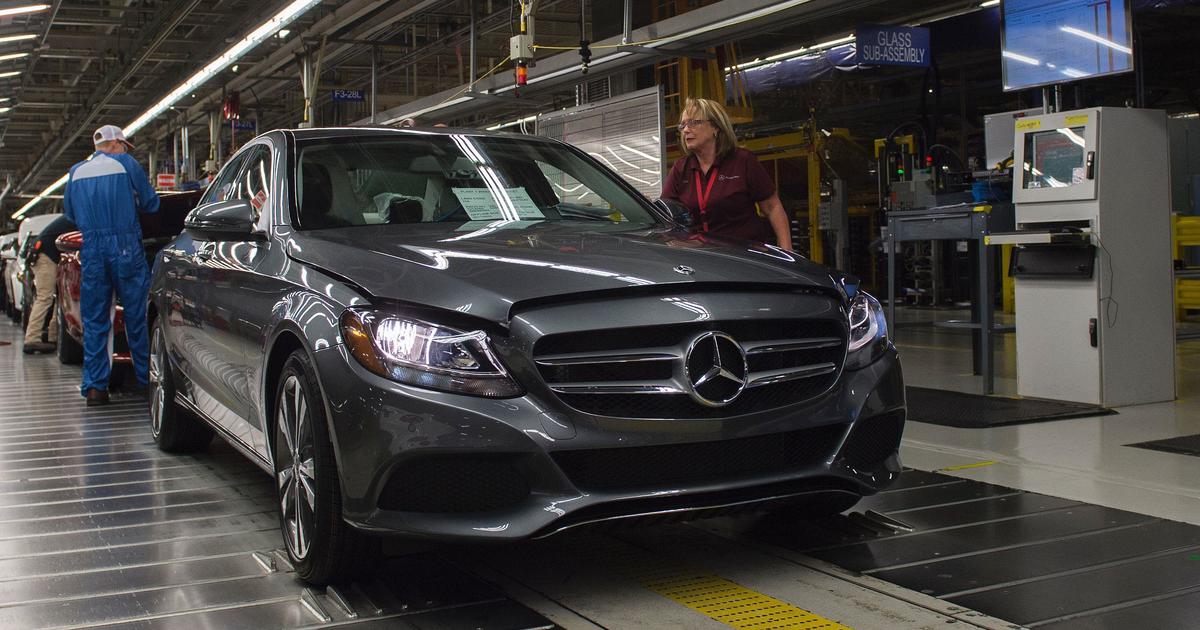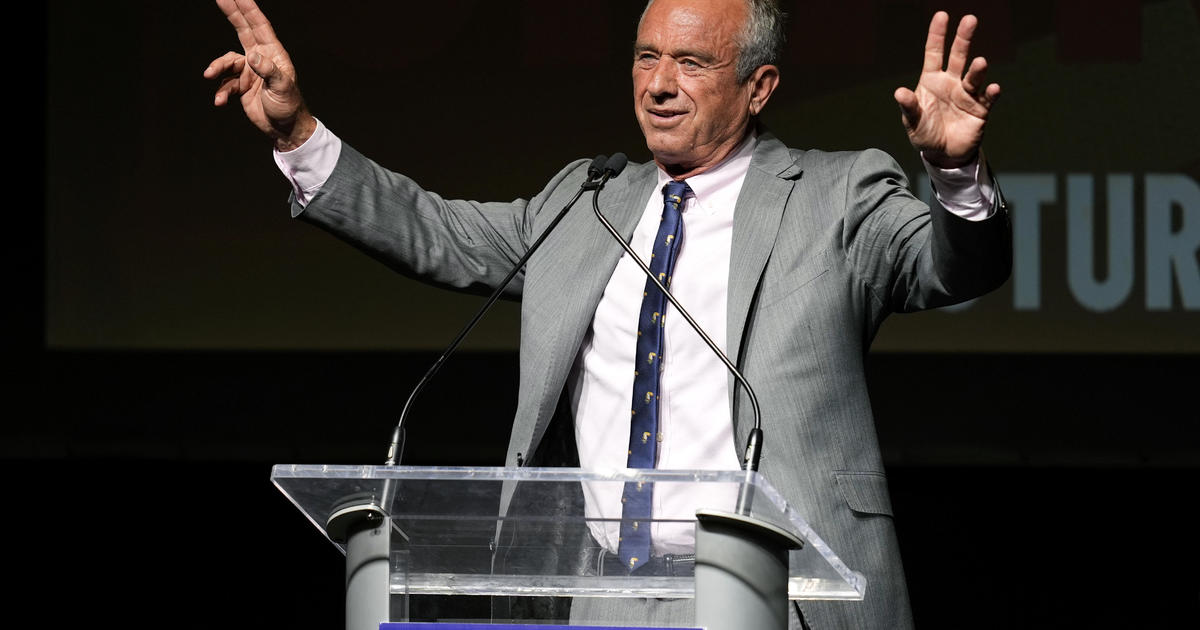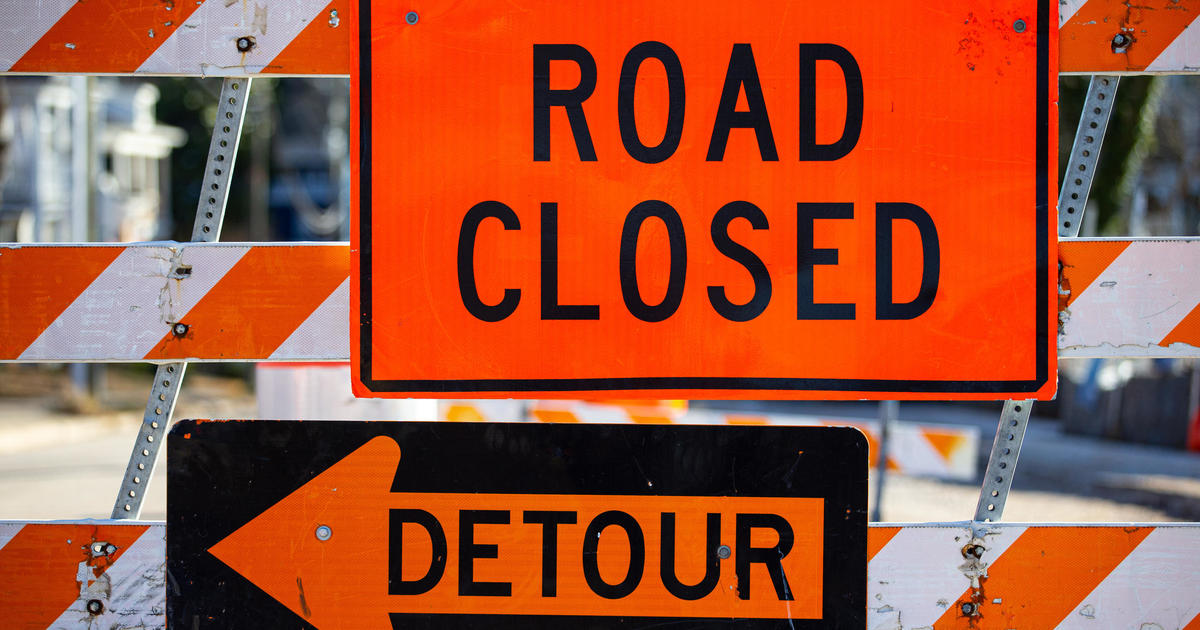Raising The Minimum Wage Could Be A Good First Step [OPINION]
By: Eric Thomas
@etflint
Seattle Mayor Ed Murphy announced a deal which would raise that city's minimum wage to $15. It's the latest salvo in a contentious debate about income inequality in America in a time when the rich are getting richer and more and more people descend into poverty. It's both a good step and sad, because while raising the minimum wage is probably necessary in the status quo, it won't really solve anything. It's a band-aid on a gaping wound.
Don't misunderstand: corporations aren't evil, nor is greed necessarily a bad thing. Businesses are competing against each other and operating under the rules of the marketplace. They are playing by the rules. The debate about the minimum wage is taking place because enough Americans believe the rules of commerce should be adjusted.
Opponents point out the obvious: this will force companies to cut jobs and adjust their business strategies. Prices will rise. Many workers in other sectors will begin wondering about their own wages, and demand raises of their own. It's a good debate, because as American productivity has only risen since the 1970s, wages have stayed stagnant, and those statistics reveal a fundamental flaw in the system that needs to be adjusted.
There will be some businesses that can't afford to continue with the same business model, but that's not necessarily a bad thing. Many prices are artificially low, held down by the business practices of large companies and subsidized by many of our local and national entitlement programs. If America has a national argument about wages, it could do a lot to flush out some of these practices.
The federal minimum wage in most states is $7.40 an hour, which translates to a monthly gross of $1,184. That's barely above the poverty line, and way below if you have a child. Opponents will tell you that minimum wage jobs are intended for young people without children, but that's increasingly not the case. The average age of a fast food worker these days is 29, a direct result of the economic calamity that befell the world in 2008. People lost their jobs, and the only jobs available to them offer minimum wage. The economy is not creating enough good jobs for low skill workers, or workers whose skills don't fit in the current economy.
Many people on minimum wage need social safety net programs to survive. Taxpayers are subsidizing the businesses that offer low wages by providing heath care and assistance for their workers' children. We have to do this, of course, because human empathy won't allow someone to starve on the street or turn to a life of crime.
Many businesses say they won't be able to survive if they are forced to pay their workers a living wage. They say they will have to change their business practices and lay off their employees. This is bad in the short term, but it's probably not in the long term. If a company shutters its doors because they can't afford to pay wages, another company will raise up in its place with a different business model to make up the difference. America always has money to spend, and there will always be places to spend it. If a stadium sized department store closes and gives way to a small, efficient, business with a smaller force of well paid employees, that might not be a bad thing. If stadium sized store was getting lots of money from the community, maybe a few stores may replace it. If a fast food restaurant closes on a corner, there will be another business that replaces it.
Corporations and businesses aren't doing charity work, which is why the "job creator" label is so spurious. Large companies constantly study themselves and try to do things more efficiently. No one is standing around collecting a check. Companies have spent the last few years cutting themselves to the bone in the name of efficiency, and only the vital workers remain. Further job cuts could adversely affect the quality of the business itself, and Wall Street has recently seen layoffs as a sign of trouble rather than efficiency.
America has led the world in the franchised, top down corporate practice since the baby boom. Many businesses built empires on the backs of systems, synergies and cheap labor. As a result, a drive through any American town reveals a landscape decorated by a copy paste function, with rows of repeating storefronts over and over from sea to shining sea. This isn't because corporations are evil, they're just thriving in the system that's been created. Many consumers spend money with companies they hate simply because of a lack of available choice. We need to have a discussion in this country if this is the way we want to go forward.
There's always an emerging economy around the corner. We've seen times like these before. The upper 1% has had a long winning streak, but the ebb and flow of society dictates that the wave will break eventually. The early part of this century looks a lot like the early part of the last one, with a wide gap between the rich and poor. There are other ingredients now, of course, with communication capabilities far more vast than what they enjoyed generations ago. Revolutions happen quickly, and the obvious need for a national labor movement powered by social media seems inevitable in the near future. We're due. America appears at times to be a famine away from actual upheaval.
While many might wince at the sight of raising the minimum wage, it's probably necessary in the current climate. It's going to change a lot of things, and the waters might get a choppy in the interim. Americans have long thought of themselves as uncompromising but that's not really the case; the whole system of American government is based on compromise, and the nation thrives whenever we come to one. There will be raising prices, there will be labor adjustments, but economic unease can lead to positive change.
If there's anything we're used to at this point in the 21st Century, it's economic unease.



